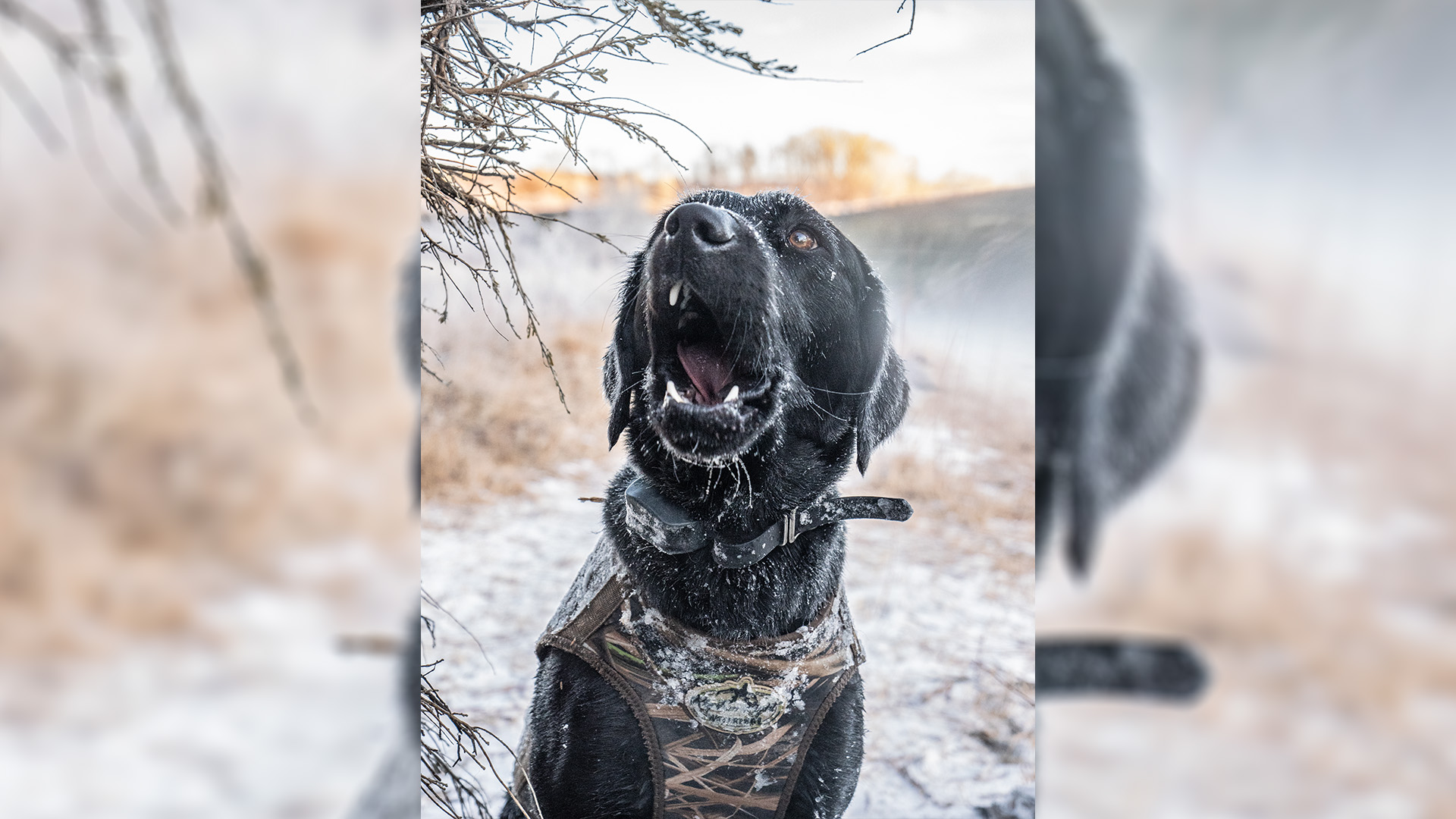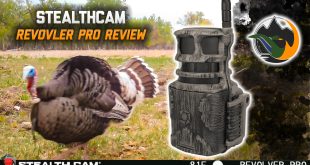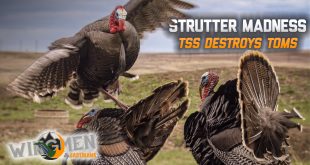
It’s about balance!
The life of most hunting dogs is one that involves much more “off-season” living than hunting days. As much as we all would like to hunt more, our dogs included, the reality is that very few hunters get more than 15-20 days in the field each year. That means our “hunting dogs” spend more time as pets than hardcore hunting machines. How we structure their off season, as well as ours, can make all the difference when it comes to the quality of experience we get when the weather turns and hunting season is upon us.
In the off season training should make up a large part of the time we spend with our dogs. For waterfowlers that means running drills specifically aimed at our dog’s weak points; steadiness, hold, marks, running lines and working on casting. In the spring months my hunting is focused on turkeys and bears, not leaving much for my Labrador to do. I’m also busy with my kid’s sports and various activities so the days are short and I don’t have as much time as I do in the summer to train Hondo. That’s why I focus on other training and enrichment.
For example, this time of year I’m ramping up my outdoor fitness activities; morning rucks, hikes in the mountains and hill work, all aimed at getting my body ready for the rigors of big game hunting in September and October. I include Hondo in as many of these activities as possible. He loves to get out and run and grinding out miles outdoors is great for both of us.
However, looking for ways to include him in both exercise and continued socialization is a focus for us in the off season as well. Just the other day my family and I had some errands to run around town and chose to walk instead of drive. We visited the hardware store, the drug store and the grocery store. Hondo got to stroll along, meeting new dogs, people and work on his leash/healing manners in the stores we were able to take him into, obviously he stayed outside with my wife at the grocery store.
Hondo is a very handsome and gregarious dog and people love to meet him and give him attention. This extra socialization outside his everyday life is excellent as it builds his confidence in a variety of settings and around strangers. I demand his best behavior and these experiences give him a chance to work on being a “good citizen”. I am pleased to say that he was a gentleman the entire time. All told we strolled about four miles on our foray and it was just enough physical activity and mental stimulation to burn off some of his boundless energy.
The point is this, our dogs get bored just like we do when there isn’t enough variety in their daily routine. They need exercise and mental stimulation to be at their best. Looking for ways to get them out and about is good for them and us.
In the weeks to come Hondo’s formal training will be increased to more than just walks and runs. We will hone his skills with ladder drills and casting courses so he is on his A-game when season arrives. However, until then he will go fishing with us, on camping trips, meet more people and animals and continue his steadiness and manners work as often as possible.
As much as all of us would like to take our dogs everywhere with us, knowing when it’s better to leave them home is as important as making sure they get enriching life experiences. My rule is that if Hondo is going to have to be crated more than he gets to be out, I leave him home where he is free to roam his enclosure until the next adventure arrives.
My point in all of this is that there is so much more to a hunting dog’s life than hunting season, it is our job as their owners to make sure they get to live the richest life we can offer them.
 Eastmans' Official Blog | Mule Deer, Antelope, Elk Hunting and Bowhunting Magazine | Eastmans' Hunting Journals
Eastmans' Official Blog | Mule Deer, Antelope, Elk Hunting and Bowhunting Magazine | Eastmans' Hunting Journals




